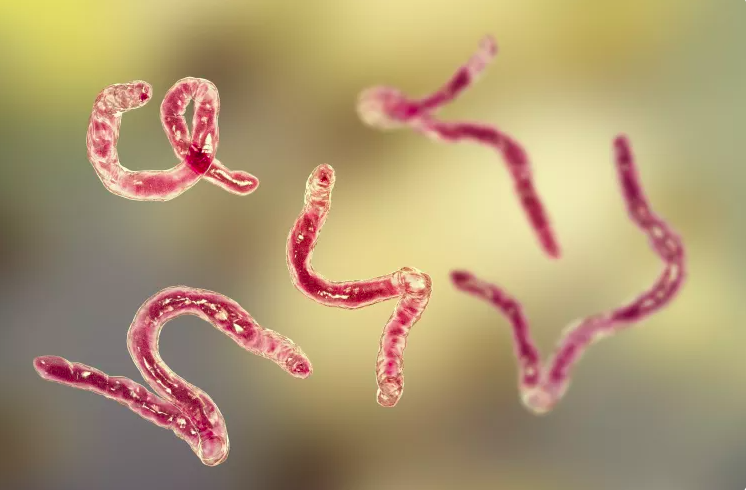 Parasitic worms have adapted to co-exist with the human body, often undetected by the immune system.
Parasitic worms have adapted to co-exist with the human body, often undetected by the immune system.
BY MUTONO NYAMAI
For many Kenyan
generation X and millennials, the mention
of worms may evoke childhood memories of taking bitter-tasting deworming
medication at home. But for millions of children across the country today,
parasitic worm infections are not just a memory, but an ongoing silent force
shaping their education, health and future prosperity. These infections, part
of the broader category of Neglected Tropical Diseases (NTDs)- often called
“diseases of poverty”- are silently yet strongly continuing to undermine Kenya’s progress in health and economic development.
While worms thrive in environments with poor sanitation and contaminated water,
their effects extend beyond physical health.
Parasitic worms
have adapted to co-exist with the human body, often undetected by the immune
system. Their damage is slow but relentless. A child carrying worms may appear
healthy but suffers from chronic malnutrition, anemia, and fatigue, leading to
poor concentration in school, frequent illnesses and stunted growth. A landmark
study in Kenya found that children who were dewormed attended school more than
their untreated peers. The simple act of removing parasites from their bodies
meant they missed fewer school days, had more energy in class, and performed
better academically. But the impact doesn’t stop in childhood. Long-term
research shows that dewormed children grow into healthier adults who earn
higher wages, and are more likely to escape poverty.
Beyond education
and health, NTDs may even shape religious identity and social beliefs. A 20-year-old
study tracking over 5,000 Kenyans found that children who benefited from
deworming were significantly linked to higher education levels and
improved economic conditions. Surprisingly, they were also
less likely to identify with conservative religious groups that practise strict
social norms, such as gender roles, in their adult lives. When health and
financial stability improve, people may feel less vulnerable to external
hardships and more empowered to make rational, informed decisions about their
lives and beliefs.
Despite its proven benefits, deworming remains underfunded and under-prioritized in Kenya. This is ironic because it is one of the cheapest and most effective health interventions available. A single deworming tablet costs less than 50 shillings, yet the economic benefits far outweigh the cost.
Kenya has made
progress through mass deworming programs, particularly in schools, but these
efforts heavily rely on donor funding, making them vulnerable to disruption.
Worse still, poor sanitation means reinfection happens quickly, reversing the
progress made. With global donor support declining, Kenya must maximize the
impact of limited resources. This means ensuring that deworming treatment is
given to those who need it most and at the right frequency.
One way to optimize
deworming efforts is through mathematical modelling- a scientific tool that can
predict disease patterns, assess intervention impact, and identify best
strategies for maximum effectiveness. This approach was successfully used
during the COVID-19 pandemic to track infections and guide public health
responses. These same data analysis methods can be incredibly helpful in guiding how deworming is done in the country. The use of modelling can help
Kenya tailor deworming decisions to who gets treated based on the disease
intensity (school aged children- who have the highest burden or community in
areas with high infections), how often treatment should be given, and for how
long before achieving the elimination target.
This World NTD Day,
as the world unites under the theme "Acting Together to Eliminate
NTDs," Kenya must make a commitment to eliminate worm infections by using
data-driven treatment decisions to ensure it reaches those most in need,
improve water and sanitation to prevent reinfections, and educate communities
on the importance of eliminating these worms.
For too long, worms
have dictated the course of Kenya’s children’s lives—affecting what they learn,
how they worship, and whether they thrive or struggle. The question this year
should no longer be whether we can eliminate parasitic worms, but whether we
will act urgently to do so. If a single tablet can determine whether a child or
adult thrives or remains trapped in the cycle of poverty, then ensuring that
every Kenyan in need receives deworming must be a national priority. The future
of Kenya depends on it.
Mutono Nyamai is a Senior Research Fellow at the Centre
for Epidemiological Modelling and Analysis, University of Nairobi and an
Assistant Professor at the Paul G Allen School for Global Health, Washington State University.

